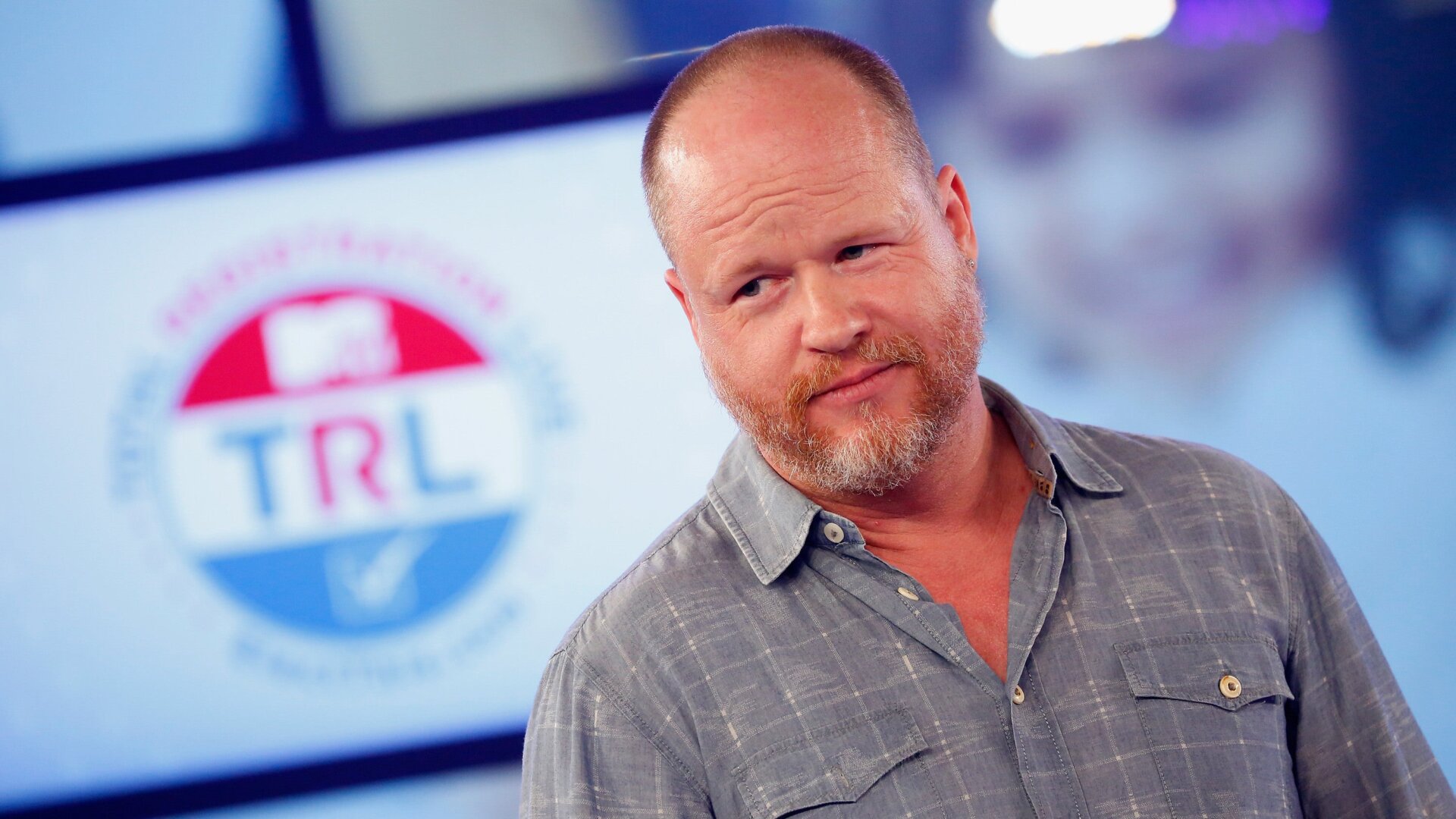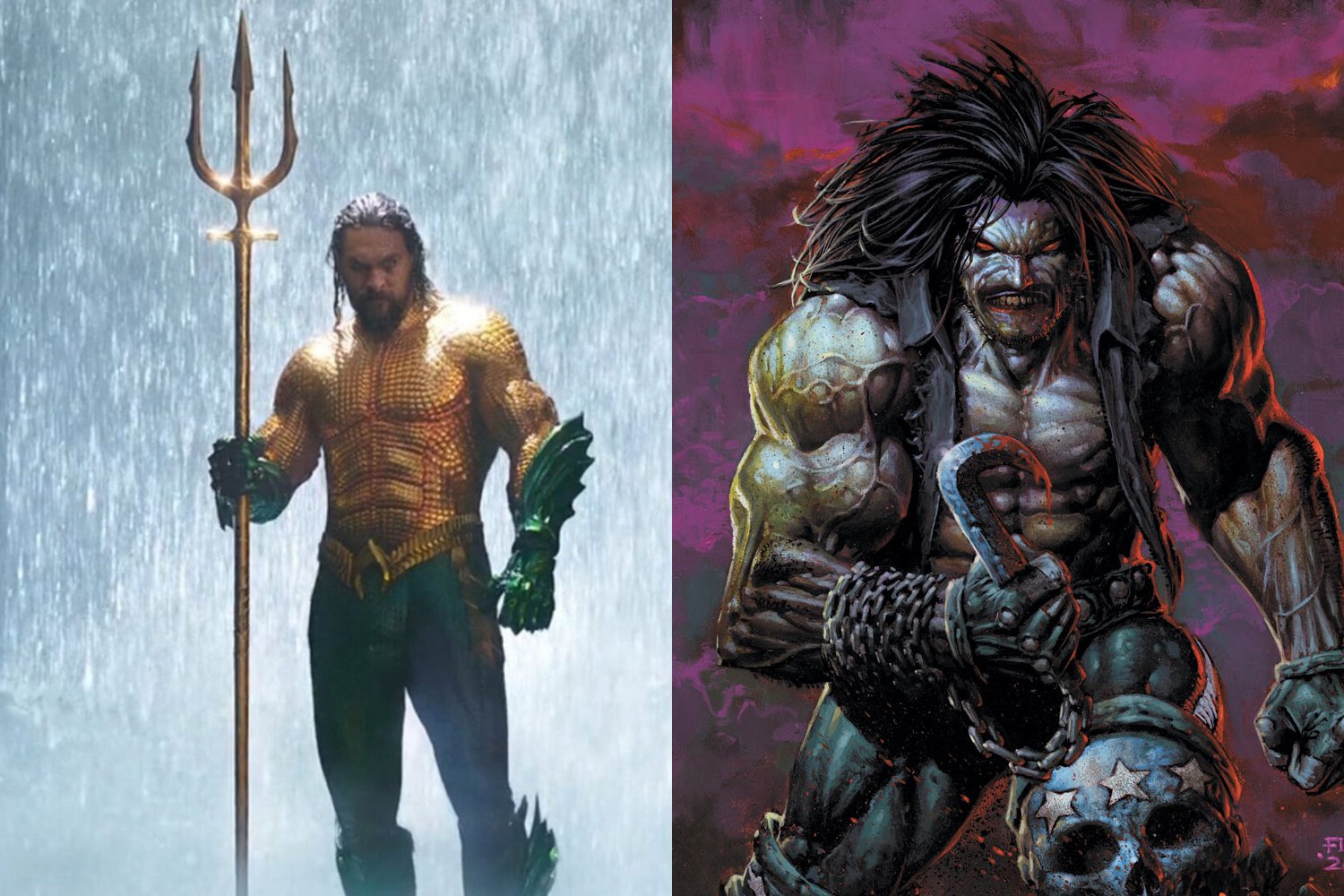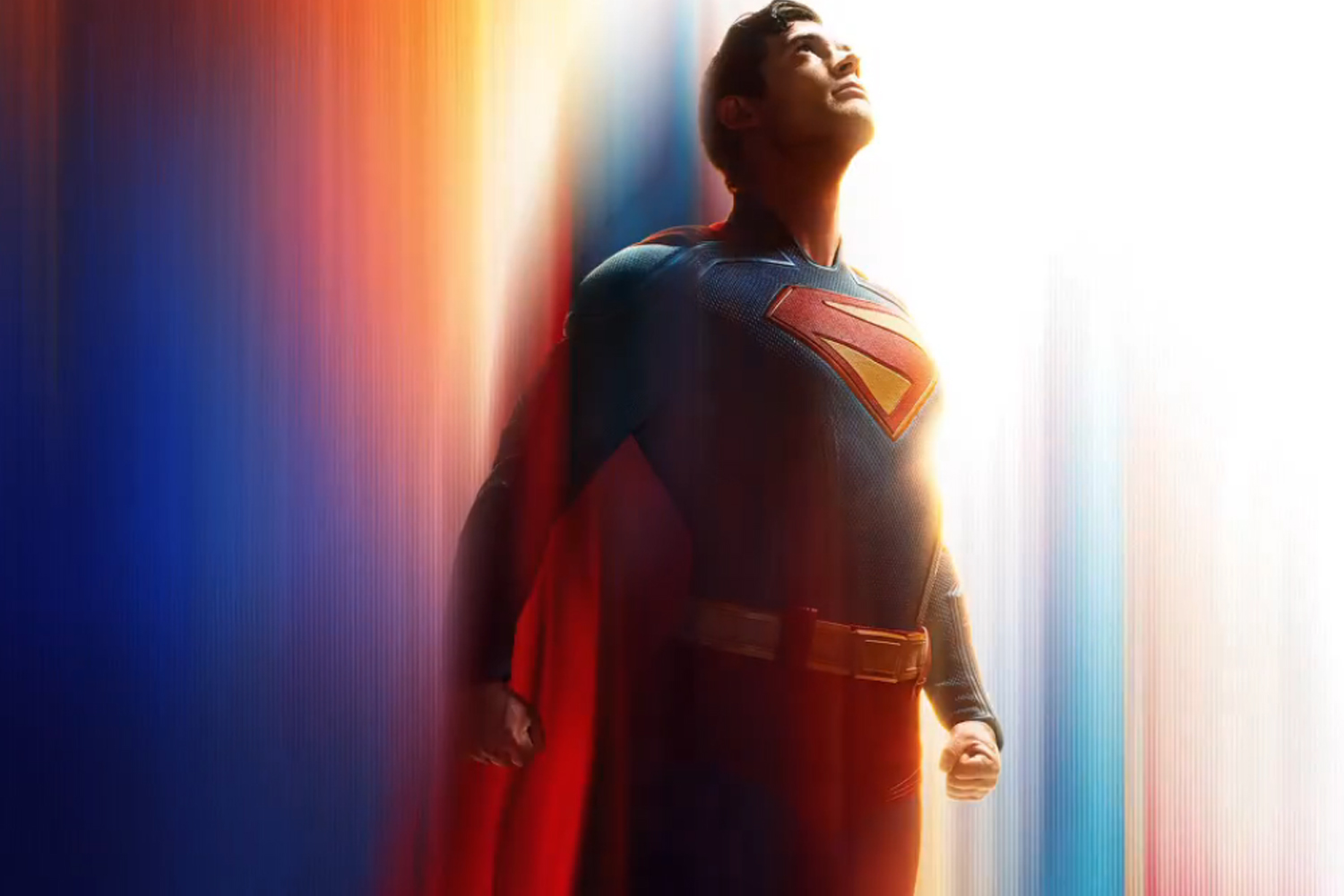When Ray Fisher came forward with allegations earlier this year saying Joss Whedon created a toxic, abusive work environment on the set of Justice League, within a month, Warner Bros. launched an internal investigation into the matter. The studio then claimed Fisher refused to cooperate. There’s now another chapter to all of this.
As some of Fisher’s colleagues—like Jason Momoa—stood by him and news broke that he was shooting new scenes for Zack Snyder’s Justice League rehash, it seemed for a while as if Warner Bros. considered the matter solved, simply because both sides made their statements regarding the possibility of Whedon having mistreated an actor (even if Whedon himself had not spoken out publicly). But this week, in a new interview with Forbes, Fisher doubled down on his position and spelled out the details of one alleged incident in particular that left him angered.
While this specific quote has since been removed from Forbes’ article since it first published (the only explanation given: “This story has been updated from its original version, including the wording of the original headline”), Fisher explained that, at some point, he was “informed that Joss had ordered that the complexion of an actor of color be changed in post-production because he didn’t like the color of their skin tone.” This quote, however, remains: “The erasure of people of color from the 2017 theatrical version of Justice League was neither an accident nor coincidence.”
The sudden removal of the quote from Forbes’ story raises the obvious question as to why, particularly because at this point, Fisher’s made it abundantly clear that he had issues with the director and he intends to air them out following Warner Bros.’ newly reopened internal investigation. Fisher told Forbes it’s being overseen by a new third-party investigator, the same person who delved into accusations leveled against former Warner Bros. CEO Kevin Tsujihara.
While Whedon and his team have been silent in response to Fisher’s allegations, the Forbes story seemingly prompted a response from his legal representation that questioned the veracity of Fisher’s claims, shared by Forbes and the Hollywood Reporter. They cited doubt over the fact that Fisher did not name specifically who told him about the manipulation of the unnamed actor’s skin tone and that Fisher admitted to only learning about said color manipulation after the fact. Whedon’s lawyers also went on to point out the color correction is a rather common aspect of the larger film production process, something that especially holds true for Justice League’s distinctly dark, melodramatic color palette.
“As is standard on almost all films, there were numerous people involved with mixing the final product, including the editor, special effects person, composer, etc. with the senior colorist responsible for the final version’s tone, colors, and mood,” Whedon’s representation said. “This process was further complicated on this project by the fact that Zack [Snyder] shot on film, while Joss shot on digital, which required the team, led by the same senior colorist who has worked on previous films for Zach, to reconcile the two.”
Just to recap, Fisher’s alleging that he heard from another party that Whedon demanded alterations be made to an actor of color’s skin tone in post-production out of a distaste for their complexion, while Whedon’s team both denies this and insists that whatever color correction was done on Justice League was completely standard procedure. It’s interesting that the Forbes interview is what finally prompted Whedon (through his lawyer) to refute claims against him even though Fisher’s been speaking about the supposed mistreatment for months, and the actor is well aware of the potential jeopardy he’s putting his career in by speaking out.
At this point, it’s Fisher’s word against Whedon’s, and it’ll be up to Warner Bros.’ investigator to sift through whatever details and information both parties provide in order to come to a conclusion about its next steps. That being said, there are a number of facts about Justice League’s production that stand out because of the allegations against Whedon.
As Forbes notes, the diversity baked into Snyder’s initial vision for the film was reduced significantly in the final product—which Whedon oversaw—through the outright cutting or reduction in size of roles given to actors of color. In addition to Joe Morton’s role as Cyborg’s father Silas Stone being made significantly smaller, Karen Bryson’s Ellinore Stone, Kiersey Clemons’ Iris West, and Zheng Kai’s Ryan Choi were stripped from the film entirely. Forbes writes, “According to representatives for Whedon, these decisions were made prior to his taking control of the project.”
From Fisher’s perspective, the lack of response from any of the people he’s called out speaks volumes.
“In a business as notoriously litigious as Hollywood, the fact that I haven’t received so much as a cease and desist letter should tell you something,” Fisher told Forbes. “The people involved know I’m telling the truth. They’re just looking for a way to mitigate blowback for themselves.”
Beyond just Whedon, Fisher similarly called out Warner Bros. power players like Geoff Johns, Jon Berg, and the company’s acting chairman Toby Emmerich, all of whom Fisher says participated in “blatantly racist conversations” that took place before Justice League’s first reshoots that brought Whedon onto the project. Those three individuals did not respond to Forbes’ requests for comment.
“You really have to ask yourself, what’s more plausible—that I would purposely torpedo my career by making statements about powerful figures in Hollywood, that, if untrue, could be easily refuted. Or a handful people in positions of power said and did terrible things in order to maintain that power during a massive corporate merger.”
We’ll bring you more updates as they become publicly available.
For more, make sure you’re following us on our Instagram @io9dotcom.














